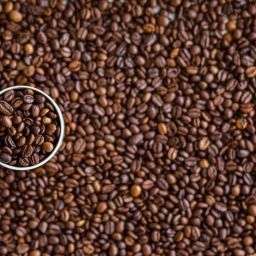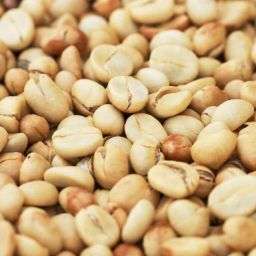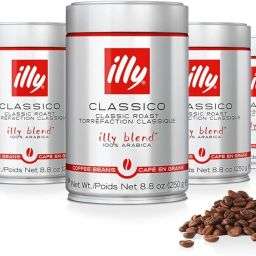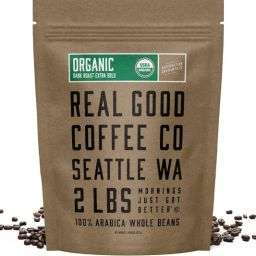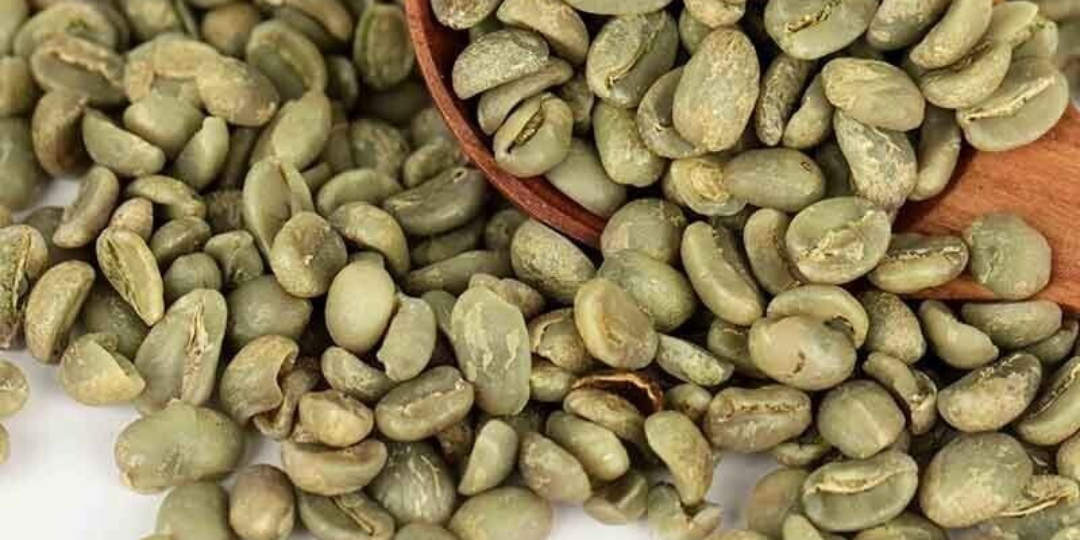
Unroasted Arabica coffee beans, often referred to as green coffee, stand as a cornerstone in the coffee world, heralding a bespoke brewing experience. These beans, yet to undergo the transformative roasting process, retain their natural characteristics and complex flavor profiles. Originating from the Arabica species, these beans are celebrated for their superior quality and nuanced taste, offering coffee connoisseurs a canvas to explore coffee in its purest form.
Key Takeaways
- High-quality, Specialty-grade Arabica Beans: Specialty-grade Arabica beans are renowned for their exceptional quality and unique flavor profiles, which vary significantly by origin. These beans are meticulously cultivated, harvested, and processed to preserve their intrinsic flavors, offering a diverse range of taste experiences.
- Preferred Roast Levels: Roasting unroasted Arabica beans at home allows individuals to customize the roast level, from light to dark, thereby enhancing different flavor notes. This customization enables the exploration of a spectrum of flavors, from the bright and acidic to the rich and full-bodied.
- Organic and Sustainably Sourced Beans: The availability of organic and sustainably sourced unroasted Arabica beans caters to the eco-conscious consumer, ensuring the coffee’s journey from farm to cup is environmentally responsible and ethically sound. These practices not only support sustainable agriculture but also contribute to the coffee’s overall quality.
- Regional Characteristics: Arabica beans from different regions, such as Latin America, Africa, and Indonesia, possess distinct characteristics. The terroir, or the natural environment in which the coffee is grown, imparts unique flavor profiles, from floral and fruity to earthy and spicy, reflecting the diversity of the coffee landscape.
Impact on Final Taste
The choice of unroasted Arabica beans significantly impacts the final taste of the coffee. By selecting beans based on origin, processing method, and desired flavor profile, coffee enthusiasts can tailor their brewing experience to suit their personal preferences, leading to a more customized and enjoyable coffee experience.
Origins and Varieties
Arabica coffee, known scientifically as Coffea arabica, is believed to have originated in the highlands of Ethiopia. It accounts for about 60-70% of the world’s coffee production and is valued for its smooth, complex flavor profiles.
Arabica coffee thrives in high altitudes and is predominantly grown in Latin America, Africa, and Asia. Each region imparts its unique characteristics to the beans: Ethiopian beans are renowned for their floral and fruity notes; Colombian coffee is prized for its balanced flavor and mild acidity; and Guatemalan beans are sought after for their rich, chocolatey undertones.
Processing Methods
The processing method of coffee beans significantly impacts their flavor. The primary methods are washed, natural, and honey. Washed (or wet) processing involves removing the cherry and mucilage from the bean before drying, leading to a cleaner, brighter flavor. Natural (or dry) processing leaves the cherry on the bean during drying, resulting in a sweeter, more fruit-forward cup.
Honey processing, a hybrid method, removes the cherry but leaves some mucilage attached, creating a sweet, smooth coffee with a slight acidity. Each method highlights different aspects of the coffee’s natural taste.
Roasting at Home
Roasting unroasted Arabica beans at home allows for unparalleled freshness and flavor customization. Beginners might start with a light or medium roast to appreciate the bean’s inherent qualities. Monitoring temperature and time is crucial; too hot or too long can lead to bitterness.
Cooling the beans immediately after roasting preserves their flavor. Experimenting with small batches can help refine your roasting technique and develop your palate.
Freshness and Flavor
Choosing unroasted Arabica coffee beans ensures the freshest coffee experience possible. Roasting beans just before brewing maximizes their flavor and aroma, providing a superior cup of coffee. This fresh roast also allows the subtleties and complexities of the Arabica bean to shine, offering a more nuanced and enjoyable tasting experience.
Health Benefits
Arabica coffee is not only favored for its taste but also for its potential health benefits. Compared to Robusta, Arabica beans contain lower caffeine levels, which may be beneficial for those sensitive to caffeine.
Moreover, the antioxidants present in Arabica coffee can help combat inflammation and protect against certain diseases. However, it’s important to consume coffee in moderation as part of a balanced diet to fully enjoy its health benefits.
How to Select and Store Unroasted Arabica Coffee Beans
Selection Tips
Selecting high-quality unroasted Arabica coffee beans involves looking for beans with a consistent size and color, as these indicate a careful sorting process and uniformity in roasting. Always opt for beans from a reputable source, ensuring they are specialty-grade, which reflects higher quality standards.
The origin is also crucial; beans from well-known coffee-producing regions often have distinct flavor profiles that reflect their terroir. Additionally, check for any visible defects or inconsistencies, as these can affect the taste.
Storage Solutions
To maintain the freshness of unroasted Arabica beans, store them in a cool, dark place in an airtight container. Exposure to air, light, or moisture can degrade the beans’ quality. While some suggest freezing unroasted beans, it’s crucial to ensure they are in a moisture-proof container to avoid condensation and flavor loss. Properly stored, unroasted beans can remain fresh for months, retaining their potential for a delicious, freshly roasted cup of coffee.
FAQs
Best Way to Roast Them
The best way to roast unroasted Arabica coffee beans is by using a dedicated coffee roaster or a home alternative like a popcorn popper or oven. Aim for a consistent roast by continuously monitoring and stirring the beans, ensuring even heat distribution.
Difference Between Arabica and Robusta
Arabica beans are known for their smooth, complex flavor profiles with higher acidity and lower caffeine content than Robusta. Robusta beans, however, are more robust with a bitter, stronger taste, higher caffeine content, and are generally considered lower quality compared to Arabica.
Freshness Indicators
Fresh unroasted Arabica beans should be green with a slight sheen, indicating a proper drying process. They should be free from any off smells or moisture, which can signify poor storage conditions or aging.
Final Thoughts
Unroasted Arabica coffee beans offer a unique opportunity to experience coffee in its most authentic form. Selecting quality beans allows for a customized roasting and brewing experience that highlights the bean’s inherent flavors, providing a superior coffee experience. Storing beans correctly ensures they remain fresh until you’re ready to roast, guaranteeing the best possible taste.
This exploration into the world of unroasted coffee beans not only enhances your appreciation for coffee but also encourages a deeper understanding of the impact of origin, processing, and roasting on flavor. I encourage coffee enthusiasts to experiment with different origins and roast profiles to discover their personal preferences, thereby enriching their coffee journey.


